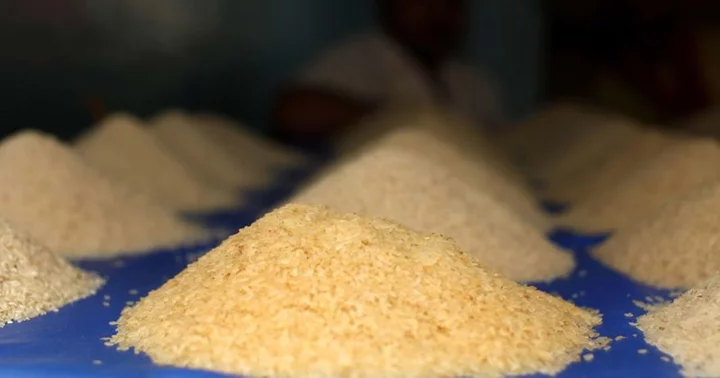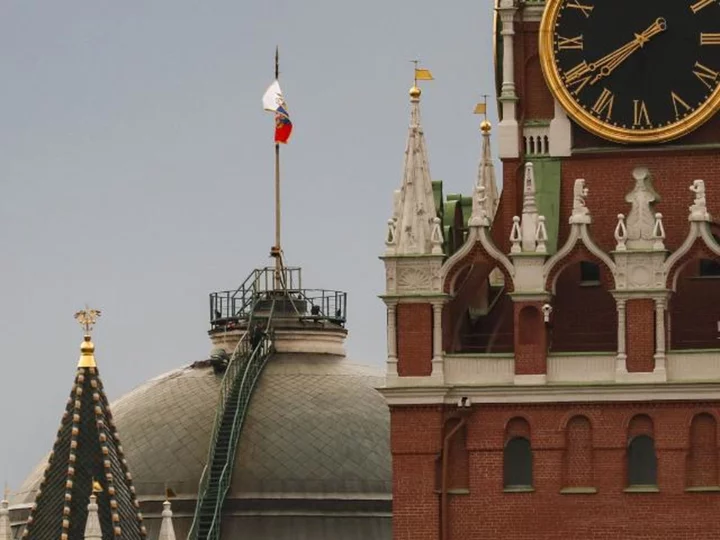WASHINGTON, DC: India's move to restrict exports of several categories of rice due to rising domestic prices could contribute to exacerbating price inflation worldwide, the IMF's chief economist warned on Tuesday, July 25. Exports from the South Asian country account for 40% of worldwide rice exports. It announced a ban on non-basmati rice exports on Thursday, July 20, citing price increases of 11.5% in 2022 and 3% in June.
The recent inflation has caused panic purchasing in retailers across the US, with 20lbs bags selling for as much as $50. Over the weekend, social media videos and reports showed Indian-Americans standing in huge lines or panic-buying rice in Texas, Michigan, New Jersey, Alabama, Ohio, Illinois and California. Reflecting on the inflation, IMF’s chief economist, Pierre-Olivier Gourinchas, warned that India’s ban would have the same impact as the suspension of Ukraine's Black Sea grain export contract, which caused prices to rise in other nations. Global grain prices could rise to between 10% and 15% this year, he warned at a news conference, according to Daily Mail.
'They can also lead to retaliatory measures'
"In the current environment, these types of restrictions are likely to exacerbate volatility on food prices in the rest of the world, and they can also lead to retaliatory measures," the economist said, adding, "We would encourage the removal of these type of export restrictions because they can be they can be harmful globally."
Due to the export restrictions and subsequent price surge in the US, a 20-lb bag of rice would cost anywhere between $16 and $50 or even more in some supermarkets. According to PBS Frontline, rice prices in the US have risen by roughly 11% on average. Non-basmati rice is the most commonly used rice in traditional American dishes, as well as Asian and Mexican cuisine.
Why has India banned the export of rice?
The Indian government took the decision to prohibit exports of rice due to rising domestic prices and fears of a shortfall in the next crop yield. The Indian Ministry of Consumer Affairs stated in a statement that the export policy had been amended "in order to ensure adequate availability of non-basmati white rice in the Indian market and to allay the rise in prices in the domestic market.” The Indian government stated that the embargo would take effect on July 20 and that only vessels presently loading would be permitted to export.
The restriction will eliminate 10 million tonnes of rice, affecting supply in Nepal, Bangladesh, China, Malaysia, the Philippines, Indonesia and numerous African countries immediately. Rice is a mainstay for more than three billion people, and about 90% of the water-intensive crop is grown in Asia, where the El Nino weather pattern often results in decreased rainfall. The area under rice cultivation was supposed to grow as New Delhi upped the rice purchase price, but farmers have planted rice paddy in an area that was 6% lower than in 2022. Heavy rain in the north of India over the past few weeks has damaged newly-planted crops in the states of Punjab and Haryana. For more than a week, paddy fields have been waterlogged, damaging seedlings and forcing farmers to wait before replanting rice seeds.









